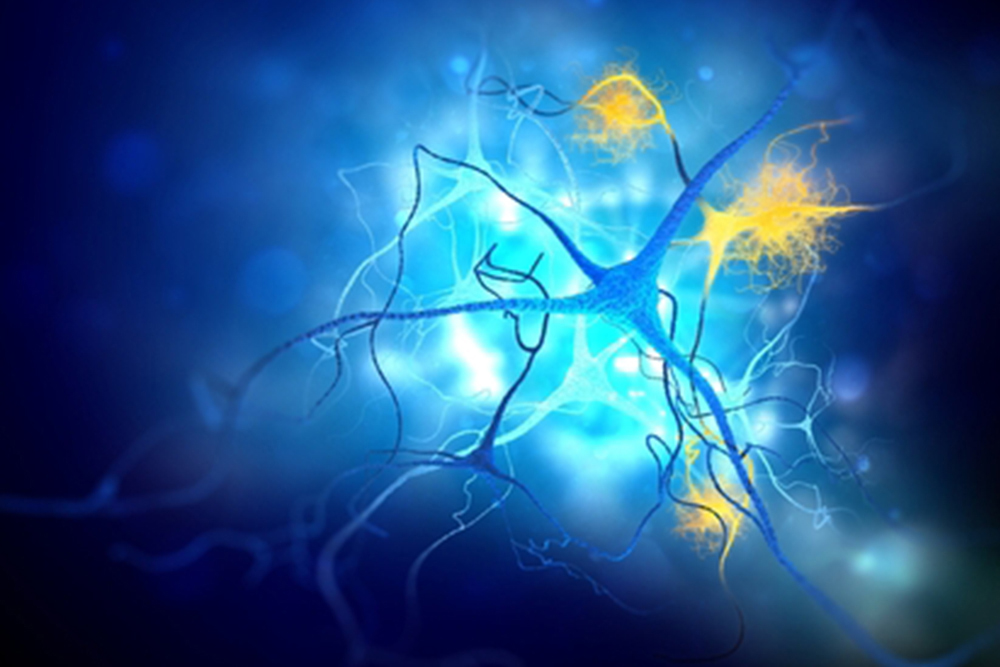To synthesize the bidirectional relationship between obesity and bipolar disorder, a significant phenomenon due to their high global prevalence rates, a meta-analysis and bioinformatics analysis were conducted. The meta-analysis revealed that individuals who are obese have an increased risk of developing bipolar disorder, and conversely, individuals with bipolar disorder are more likely to be obese. Furthermore, the bioinformatics analysis deduced the molecular signature of obesity in patients with bipolar disorder following psychotropic treatment, integrating data sets from the Gene Expression Omnibus database. Genes activated after psychotropic treatment were identified, including CYBB, C3, OLR1, and others, predominantly associated with mesodermal and PI3K-Akt signaling pathways.
Overall, the study provides clear evidence of the bidirectional association between bipolar disorder and obesity, shedding light on the molecular underpinnings of this relationship. Understanding the molecular signature of obesity in patients with bipolar disorder undergoing psychotropic treatment is crucial for better managing these co-occurring conditions and developing targeted interventions.
Reference: Kambey PA, Kodzo LD, Serojane F, et al. The bi-directional association between bipolar disorder and obesity: Evidence from Meta and bioinformatics analysis. Int J Obes (Lond). 2023 Jun;47(6):443-452. doi: 10.1038/s41366-023-01277-6. Epub 2023 Feb 18. PMID: 36806758.









